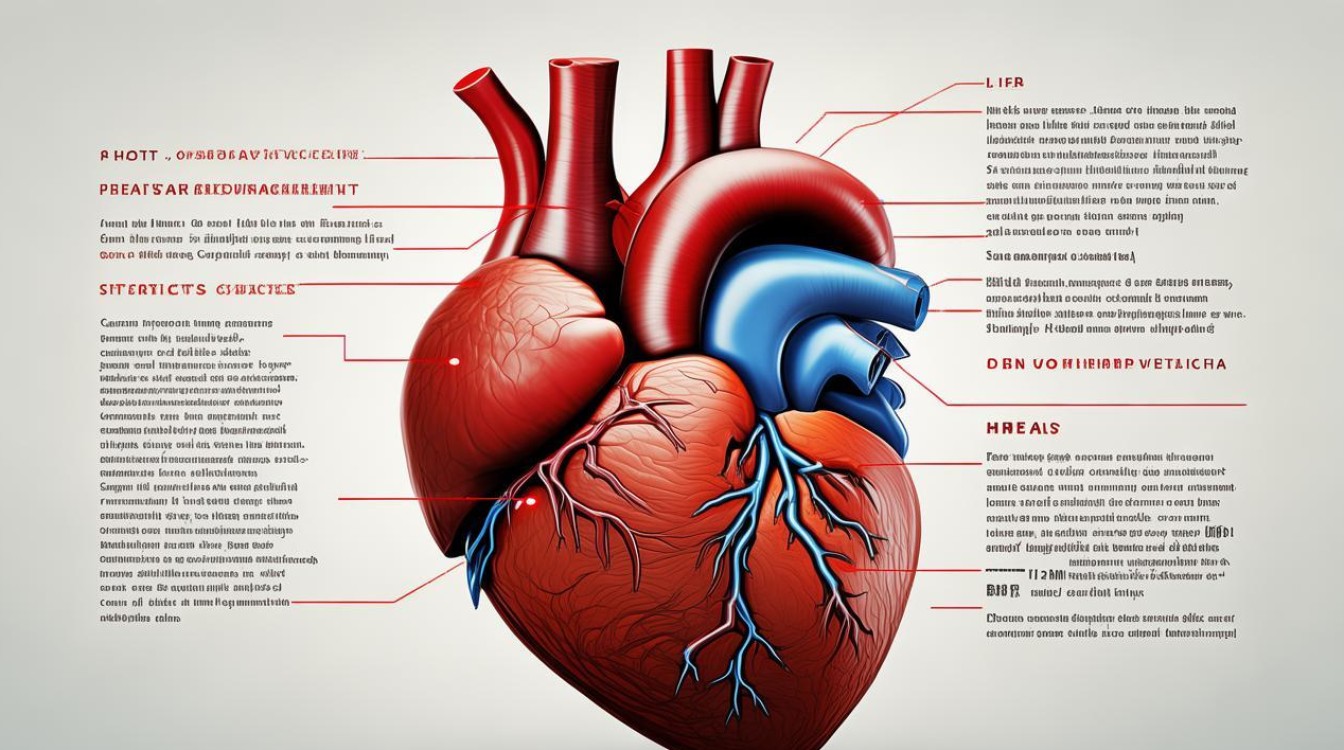When discussing heart health, knowing the correct English terms for a heart attack can be crucial, especially for medical professionals, students, or individuals seeking accurate information. A heart attack, medically known as a myocardial infarction (MI), occurs when blood flow to a part of the heart is blocked, leading to tissue damage. This article explores key English vocabulary related to heart attacks, their causes, symptoms, and treatments, ensuring readers gain a clear and authoritative understanding.

Key English Terms for Heart Attacks
- Myocardial Infarction (MI) – The medical term for a heart attack, where "myocardial" refers to the heart muscle, and "infarction" means tissue death due to lack of blood supply.
- Coronary Artery Disease (CAD) – A condition where the coronary arteries become narrowed or blocked, often leading to a heart attack.
- Ischemia – Reduced blood flow to the heart, which can precede a heart attack.
- Angina Pectoris – Chest pain caused by reduced blood flow to the heart, often a warning sign of potential heart problems.
- Atherosclerosis – The buildup of plaque in arteries, a major cause of heart attacks.
- Cardiac Arrest – A sudden loss of heart function, which can occur after a heart attack but is not the same condition.
- Thrombosis – A blood clot that forms inside a blood vessel, potentially blocking coronary arteries.
- Stent – A small mesh tube inserted into an artery to keep it open after a blockage is cleared.
- Defibrillator – A device used to restore normal heart rhythm during cardiac arrest.
Common Symptoms of a Heart Attack
Recognizing the signs of a heart attack can save lives. The most frequent symptoms include:
- Chest pain or discomfort (often described as pressure, squeezing, or heaviness)
- Shortness of breath
- Pain radiating to the arm, neck, jaw, or back
- Nausea or vomiting
- Cold sweat
- Lightheadedness or dizziness
Some individuals, particularly women, may experience atypical symptoms, such as fatigue, indigestion, or upper abdominal pain.
Causes and Risk Factors
Several factors contribute to the likelihood of a heart attack:

- High blood pressure (hypertension)
- High cholesterol levels
- Smoking
- Diabetes
- Obesity
- Sedentary lifestyle
- Family history of heart disease
Understanding these terms helps in discussing prevention strategies with healthcare providers.
Treatment and Emergency Response
Immediate medical intervention is critical during a heart attack. Common treatments include:
- Aspirin – Helps prevent further blood clotting.
- Thrombolytics – Clot-busting medications.
- Angioplasty – A procedure to open blocked arteries.
- Coronary artery bypass grafting (CABG) – Surgery to reroute blood around blocked arteries.
Knowing phrases like "Call 911" or "chest pain emergency" can be lifesaving in English-speaking countries.

Prevention and Long-Term Care
Reducing heart attack risk involves:
- Regular exercise
- A heart-healthy diet (low in saturated fats and sodium)
- Quitting smoking
- Managing stress
- Routine medical check-ups
Medical professionals often emphasize "secondary prevention"—strategies to prevent another heart attack after the first one.
Why Accurate Terminology Matters
Using precise medical terms ensures clear communication between patients and doctors. Misunderstandings can delay treatment, making familiarity with these words essential. Whether reading medical reports, discussing symptoms, or seeking emergency care, knowing the correct English vocabulary improves health outcomes.

Heart disease remains a leading global health concern, and education is the first step toward prevention. By mastering these terms, individuals can better navigate medical discussions, recognize warning signs, and take proactive steps toward heart health. Staying informed empowers people to make better decisions, whether for themselves or loved ones.



